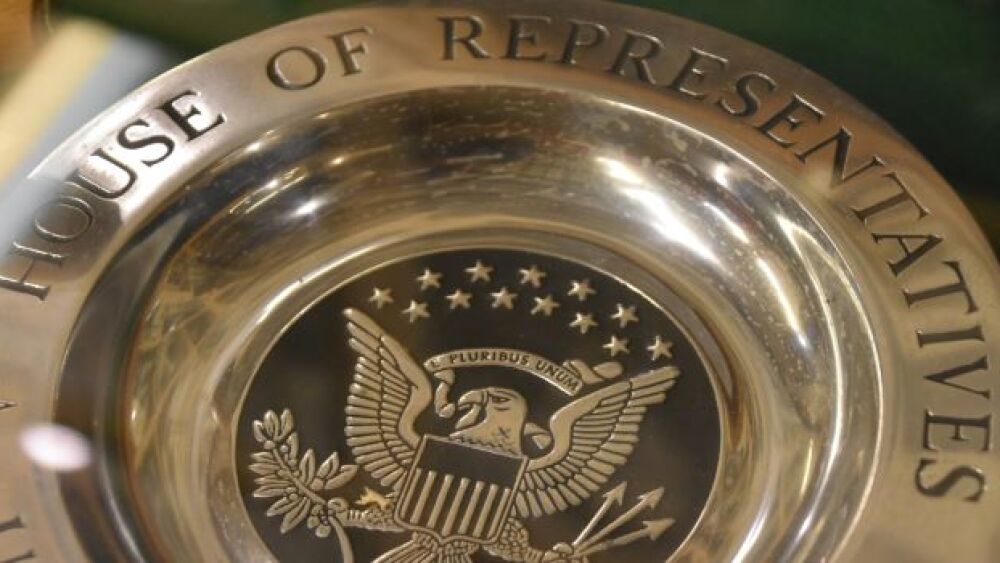On Monday, the House passed a bipartisan bill designed to reportedly boost scientific research and increase the scientific competitiveness of the U.S. to that of China.
On Monday, the House passed a bipartisan bill designed to reportedly boost scientific research and increase the scientific competitiveness of the U.S. to that of China.
Lawmakers on Monday passed a total of two bills to increase funding for the country’s National Science Foundation. The bills also establish a new board of directors for science and engineering in an effort to expand investigational research opportunities. Additionally, the bills authorize new research funding that will be directed toward the Department of Energy’s Office of Science.
“We must significantly boost funding for science. For years, we have allowed millions of dollars of excellent research go unfunded,” said Eddie Bernice Johnson (D-Texas), the House Science, Space and Technology Committee chairwoman, in an interview with The Hill. “We are at a critical juncture in our nation’s history and we need to be more focused on the role of science in our society.”
The National Science Foundation for the Future Act, the first bill in the legislation package, was passed 345–67. The second bill, dubbed the Department of Energy Science for the Future Act, passed 351–68. Enacted, the bills should increase financing for the National Science Foundation and Department of Energy’s Office of Science by approximately 7% per year.
New measures enacted by the passed legislation will also direct the appropriate agencies to increase science, technology, engineering and mathematics education (STEM) education as well as professional development, all in an effort to improve job recruitment in these areas.
In their participation of the legislation, Republicans wrote in a provision in committee that would ban the participation of grant applicants in talent programs corresponding with “foreign governments of concern.” An example includes the Thousand Talents program, which has ties to China’s government.
“It is critical that we strike the correct balance between keeping our research enterprise open but also from protecting it from adversaries who seek to take advantage of our open system,” according to a statement made by Rep. Michael Waltz (R-Fla.), which was also reported in The Hill.
Earlier this month, the Senate passed another China bill designed to increase funding for the National Science Foundation, Department of Commerce, Department of Energy, and National Aeronautics and Space Administration. The legislation builds on a previous proposal by Senate Majority Leader Charles Schumer (D-N.Y.) and Sen. Todd Young (R-Ind.) to give $120 billion to the Administration. An additional $52 billion was written into the legislation for semiconductor provisions.
Provisions written into the bill passed earlier this month describe efforts to increase diplomatic pressure on the Chinese government, partly by way of mandating a diplomatic boycott at next year’s Beijing Olympic Games.
President Joe Biden, commenting on the newly passed legislation, said the legislative package represents “a significant step forward in U.S. efforts to maintain the nation’s economic advantage in the face of emerging threats from China and other countries,” as reported in The Wall Street Journal.
“These pieces of legislation—and the agreement reached on the infrastructure framework last week—show the American people, and the world, that we’re capable of coming together as a country and setting aside our differences to make transformational investments that will strengthen us both at home and abroad,” said Biden in a statement. “My Administration looks forward to continuing to work with the House and the Senate in producing a final bill I can sign.”





